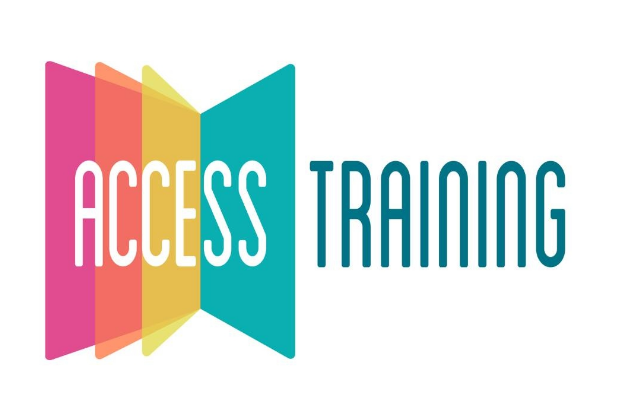This role is found in a range of private and public settings including full day care, children’s centres, pre-schools, reception classes, playgroups, nursery schools, out of school environments and local authority provision.

An apprenticeship is a real job with an accompanying skills development programme. It is a way to earn and learn, gaining valuable skills, knowledge and behaviours whilst in a specific job role.
This role is found in a range of private and public settings including full day care, children’s centres, pre-schools, reception classes, playgroups, nursery schools, out of school environments and local authority provision.
The broad purpose of the role is to work and interact directly with children from birth to five on a day to day basis supporting the planning of and delivery of activities, purposeful play opportunities and educational programmes within the ethos of the setting.
An Early Years Practitioner works as part of a professional team ensuring the welfare and care for children. They are also responsible for supporting child initiated and adult-led activities ensuring each child feels safe and secure.
Knowledge, skills and behaviours
Baby and child development
Safeguarding and child protection
Observation, assessment and planning cycle
Use of play to encourage health life choices.
Gateway
Before moving to end point assessment, apprentices must meet the gateway requirements. These include:
Maths and English functional skills.
Completion and certification
Upon successful completion of the end point assessment, the apprentice will have fully demonstrated their competence in the subject area and be awarded with their apprenticeship certificates at either a pass or distinction.
End point assessment
Apprentices will be assessed via an independent end point assessment organisation (EPAO) to confirm competence. This will be arranged in advance and will consist of:
Professional discussion on evidence portfolio
Knowledge test.
Progression opportunities
Discussions will take place with all apprentices to help them plan the next steps on their career path. Completion of the apprenticeship can help progression to higher levels of apprenticeships, further training or promotion and businesses will benefit from high performing staff.
Why choose Access Training?
With our 35-year training heritage comes a wealth of experience in matching the right individual to the right business, and tailoring a delivery model to suit each employer organisation.
There are six key reasons why employers choose Access:
Results: our achievement rates are consistently higher than the national average.
Recruitment: we save our clients both time and effort by offering free apprenticeship recruitment, screening and selection.
Flexibility: we tailor our delivery model to days and timescales that suit you and your learners, and according to a blended model of face-to-face training and distance learning.
Shortest time-to-benefit: we offer training beyond academic terms and throughout the full year to support your staff in securing qualifications in the shortest time period.
Expertise: we employ trainers direct from the sector.
Pastoral care: Learners who feel supported through their apprenticeships and training programmes truly flourish. Our Learners First ethos caters for the learning requirements of each individual.
© 2025 coursetakers.com All Rights Reserved. Terms and Conditions of use | Privacy Policy